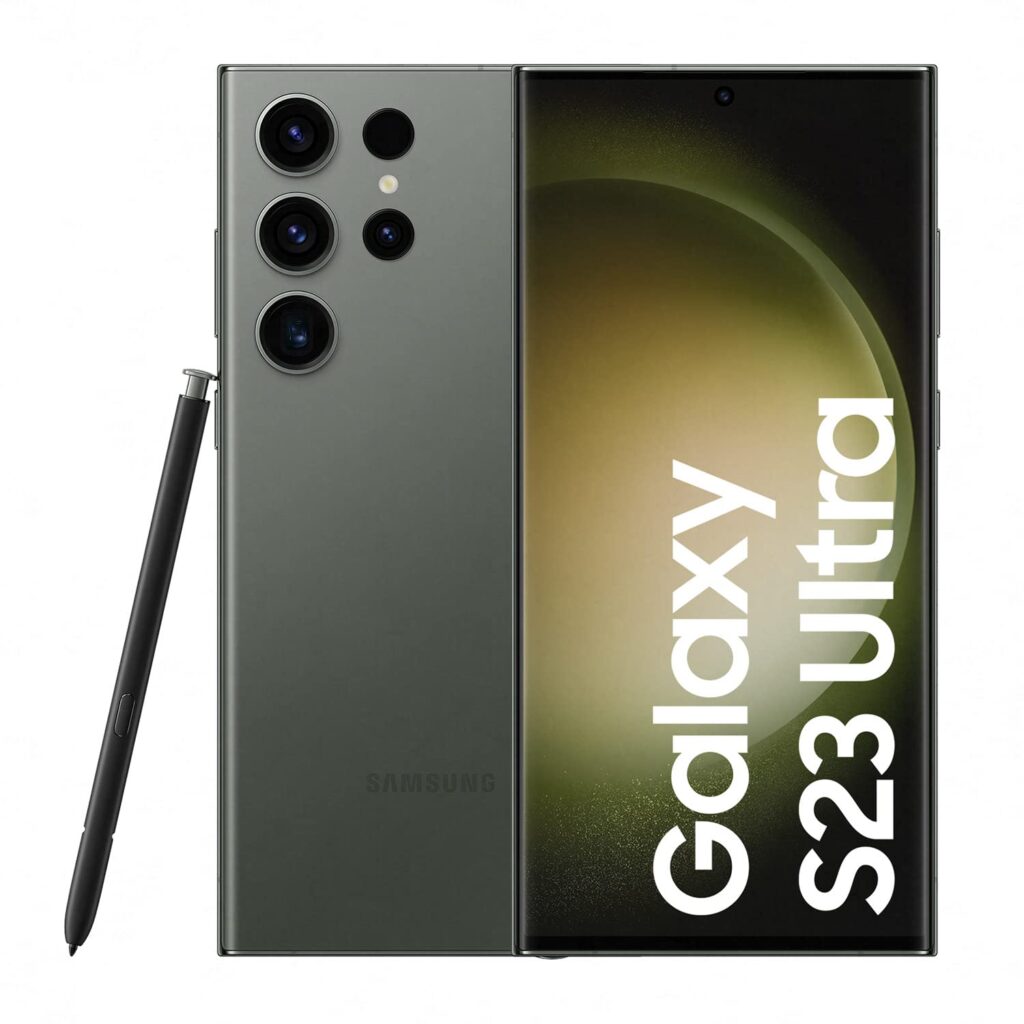3. adjectives - विशेषण
Adjectives ( विशेषण ) –
Adjective वह शब्द है, जो किसी Noun या Pronoun की विशेषता बताता है।
An adjective qualifies a noun or a pronoun.
An adjective is a word used to add something to the meaning of a noun or a pronoun.
Note :- some food, all things, much water, several questions, six boys, any boy, this book, which boy, her sister, each man, what work, इत्यादि expressions में some, all, much, several, six, any, this, which, her, each और what Adjective के रूप में प्रयुक्त हुए हैं। ये Noun के ठीक पहले प्रयुक्त हुए हैं और अपने साथ प्रयुक्त Noun की विशेषता बताते हैं। ऐसे Adjectives को आसानी से इनके स्थानों से पहचाना जा सकता है।
Eg :-
DdI have red pens.
I have a lot of pens.
I have six pens.
I have several pens.
यहाँ red तो Adjective है ही; a lot of six और several भी Adjectives हैं, क्योंकि ये किसी भी सामान्य Adjective की भाँति Noun के ठीक पहले प्रयुक्त हुए हैं।
There are ten kinds of adjectives
1. Adjectives of quality ( गुणवाचक विशेषण )
2. Adjectives of Quantity (परिमाणवाचक विशेषण)
3. Adjectives of Number (संख्यावाचक विशेषण)
4. Demonstrative Adjectives (संकेतवाचक विशेषण)
5. Possessive Adjectives (संबंधवाचक विशेषण)
6. Distributive (व्यष्टिवाचक विशेषण)
7. Interrogative Adjectives (प्रश्नवाचक विशेषण)
8. Proper Adjectives (व्यक्तिवाचक विशेषण)
9. Emphasizing Adjectives
10. Exclamatory Adjectives
1. Adjectives of Quality ( गुणवाचक विशेषण ) : –
Adjectives of Quality से किसी व्यक्ति या वस्तु के गुण का बोध होता है ।
Adjectives of quality show the quality of a person or thing.
Eg :-
good, bad, weak, strong, kind, cruel, sweet, bitter, thin, fat, long, short, hot, cold, beautiful, red, brown, etc.
Ram is a good boy. ( Good ( adjec.. )
The table is long. ( Long ( adjec.. )
It is very cold.
She is beautiful.
The pen is red.
He was a kind man.
2. Adjectives of Quantity (परिमाणवाचक विशेषण) : –
Adjectives of Quantity से मात्रा या परिमाण का बोध होता है।
Adjectives of quantity show how much of a thing is meant.
Eg :-
some (कुछ), much (अधिक), little (नहीं के बराबर), whole (पूरा), all (सब), no any enough (पर्याप्त) और lot of (बहुत) Adjectives of Quantity हैं-
He had some/much/little/no/enough/a lot of rice. The whole money was distributed.
He has lost all his wealth.
He did not eat any rice.
Note :- ऐसे और भी कई Adjectives of Quantity हैं। यहाँ एक बात विशेष रूप से ध्यान रखनी है कि Adjectives of Quantity से मात्रा या परिमाण का बोध होता है, संख्या का नहीं। इनमें से all, no, some, इत्यादि कुछ ऐसे शब्द हैं जिनका प्रयोग संख्या का बोध कराने में भी होता है। वैसी स्थिति में Adjective के रूप में जब इनका प्रयोग होता है, तब इन्हें Adjectives of Number कहा जाता है। जैसे, इन वाक्यों में some, all और no Adjectives of Number हैं.
Some boys are ‘absent today.
All men are mortal.
There are no pictures in this book.
3. Adjectives of Number (संख्यावाचक विशेषण) :-
Adjectives of Number से व्यक्तियों या वस्तुओं की संख्या या क्रम का बोध होता है।
Adjectives of number show how many persons or things are meant, or in what order a person or thing stands.
इन वाक्यों में प्रयुक्त few, no, many, some, enough, several, all,one, two, first & second Adjectives of Number हैं
Eg :-
He had few/no/many/some / several /
enough / two horses.
All men must die.
The cat has one tail and two eyes.
He was the first/second man.
Note 2 :- Adjectives of Quantity और Adjectives of Number में कुछ शब्द ऐसे हैं जिनका प्रयोग Pronoun के रूप में भी होता है, परंतु इस स्थिति में इनके साथ कोई Noun प्रयुक्त नहीं रहता।
Eg :-
Some are born great.
Many of them were killed.
Any of them could do.
Few escaped unhurt.
All is/are mortal.
One should do one’s duty.
Note 3.
I have some milk. (some – adjective of quantity)
I have some mangoes. (some- adjective of number)
Some of them are absent. (some indefinite pronoun)
4. Demonstrative Adjectives (संकेतवाचक विशेषण) : –
जिस Adjective का प्रयोग व्यक्तियों या वस्तुओं को सूचित, इंगित या निर्देशित करने के लिए किया जाता है, उसे Demonstrative Adjective कहा जाता है ।
The adjective used to point out some person or thing is called a demonstrative adjective.
This, That, These, Those और Such Demonstrative Adjectives हैं।
Note :- जब This, That These, Those और Such के साथ कोई Noun प्रयुक्त नहीं रहता, तब ये Demonstrative Pronouns कहलाते हैं।
Eg :-
This / That is Ram.
These / Those are cats.
Such was his reply.
5. Possessive Adjectives (संबंधवाचक विशेषण) : –
Possessive Adjectives से अधिकार या संबंध का भाव व्यक्त होता है।
Possessive adjectives show possession or relation.
my, our, your, his, her, its of their Possessive Adjectives हैं।
Eg :-
This is my/your/our/ his/her / their school.
Its colour is black.
My mother is ill.
Note : – his का प्रयोग Pronoun के रूप में भी होता है, किंतु इस स्थिति में इसके साथ कोई Noun प्रयुक्त नहीं रहता।
Eg :-
This is his.
This book is his.
6. Distributive adjectives (व्यष्टिवाचक विशेषण) : –
जब each.every.either और neither के ठीक बाद कोई Noun प्रयुक्त रहता है, तब इन्हें Distributive Adjectives कहा जाता है।
Each, every, either and neither are called distributive adjectives when they are followed by a noun.
Eg :-
Each boy had a pen.
Every man has his own duty.
Either pen will do.
Neither way was safe.
Note :- जब each, either और neither के साथ कोई Noun प्रयुक्त नहीं रहता, तब इन्हें Distributive Pronouns कहा जाता है।
7. Interrogative Adjectives (प्रश्नवाचक विशेषण) :-
जब what, which और whose किसी संज्ञा के साथ प्रयुक्त होकर प्रश्न किए जाने के काम आते हैं, तब इन्हें Interrogative Adjectives कहा जाता है।
What, which and whose are called interrogative adjec tives when they are used with nouns to ask questions.
Eg :-
What question did the teacher ask?
Which box is yours?
Whose book is this?
Note :- जैसा कि आप पहले देख चुके हैं, what, which और whose का प्रयोग Relative Pronoun और Interrogative Pronoun के रूप में भी होता है। परंतु इस स्थिति में इनके साथ कोई Noun प्रयुक्त नहीं रहता।
8. Proper Adjectives (व्यक्तिवाचक विशेषण) :-
Proper Nouns से बने Adjectives को Proper Adjectives कहते हैं।
Adjectives made from proper nouns are called proper adjectives.
Eg :-
He is an Indian student.
Indian farmers are honest.
American English is different from British English.
Do you like the European culture?
9. Emphasizing Adjectives :-
Own, very, same very same इत्यादि ऐसे Adjectives हैं जो किसी Noun के पहले प्रयुक्त होकर उस Noun पर बल (emphasis) देते हैं। ऐसे Adjectives Emphasizing Adjectives कहलाते हैं।
Own, very, same, very same, etc are such adjectives as are used to convey emphasis on the nouns that follow them. Such adjectives are called emphasizing adjectives.
Eg :-
I saw them with my own eyes.
This is the very book I wanted.
This is the same book I wanted.
10. Exclamatory Adjectives :-
जब what का प्रयोग Adjective की तरह किसी Exclamatory Sentence में होता है, तब इसे Exclamatory Adjective कहा जाता है।
“What’ is called an exclamatory adjective when it is used as an adjective in an exclamatory sentence.
Eg :-
What folly!
What an idea!
What a piece of work is man!
Mathematics
- Divisors , Prime factor And Binary number system
- Unit digit
- Lcm & Hcf
- Square root & Cubic root
- Number of zero from last
- Test of divisibility
- Reminder theorm
- Fraction
- simplification
- surds-indices
- ratio-proportion
- Average
- Age problem
- Time-work
- Pipe & Cistern
- percentage
- Profit and loss
- Simple – interest
- Compound interest
- Discount
- partnership
- mixture & alligation
- Speed , distance and time
- Boat & Stream
- Trigonometry
- Height & Distance
- Algebra
- Mensuration
- Geometry




